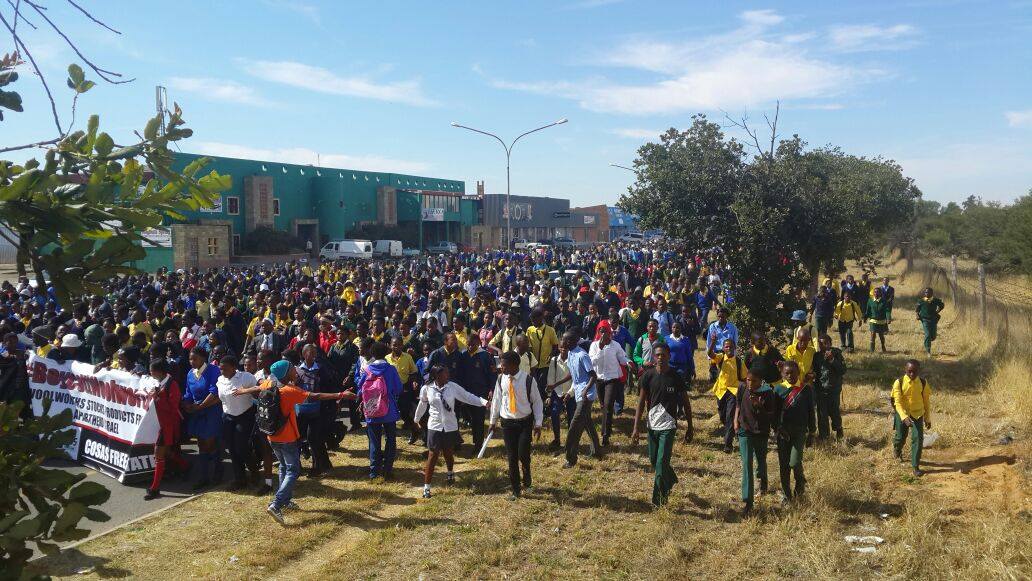Tag: South Africa
-
South African students protest against Woolworths
15th May 2015 | Congress of South African Students | Welkom (Free State), South Africa On Nakba Day more than 10 000 South African School Learners March Against Woolworths over Israel Trade. More than 10 000 South African school learners protested earlier today against Woolworths Stores over its Israeli trade. The #BoycottWoolworths protest was led by the Congress…
-
Official Release: “The New Black” by The Mavrix
13 March 2012 | Palestine Solidarity Alliance and PACBI In a first ever musical collaboration between South Africa and Palestine, South African band, The Mavrix, and Palestinian Oud player, Mohammed Omar, have released a music video called “The New Black”. The song is taken from The Mavrix’ upcoming album,”Pura Vida”, due for release in June 2012.…
-
Are Israel and apartheid South Africa really different?
Akiva Eldar | Haaretz 4 January 2010 The day after the murder of the settler Meir Hai about 10 days ago, Major General (res.) Amos Gilad was asked to comment on the claim by settlers that the attack was able to take place because roadblocks had been lifted on West Bank roads. The security-political coordinator…

